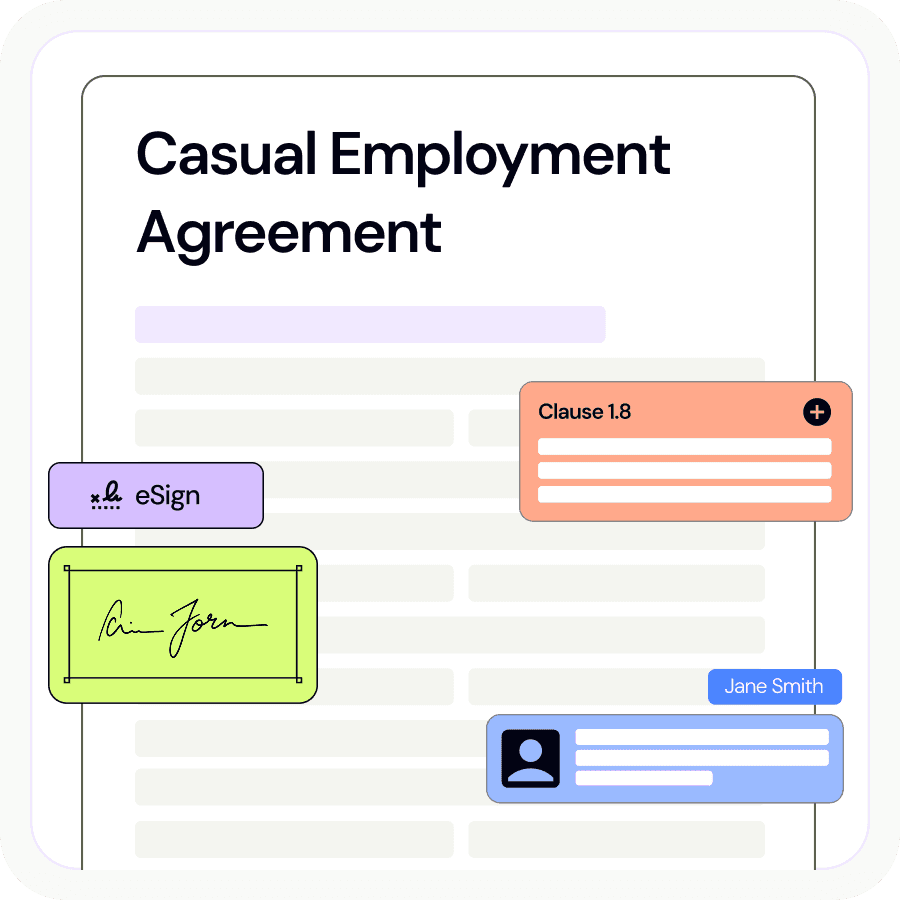Entering the cleaning services industry in Australia as a cleaning contractor can be a rewarding venture, both personally and financially. If you are interested in becoming a cleaning contractor, there are a few hoops to jump through first before you can sell your services to customers. We can help get your business registered and provide resources such as contractor or employment agreements that are needed to get you up and running.
You can also check out our online guide for more lucrative business ideas.
How to Become a Cleaning Contractor
1. Qualifications and Licensing
There are no formal qualifications or licenses required to become a cleaning contractor. However, it is worth considering completing a recognised training course as this can make you stand out from your competition.
You may be required to register as an employer with the relevant Long Service Leave entity for your State or Territory. Each State and Territory Scheme was introduced to ensure cleaning contractors are entitled to long service leave after completing 10 years of service. Even if you operate as a sole trader, you may be required to register under this Scheme.
2. Register your Business
To operate as a cleaning contractor, you will need to register your business. Registering as a business will allow you to offer your cleaning services to customers in the marketplace.
You will need to be eligible to register on the Australian Business Register to acquire an ABN (Australian Business Number). When registering, you will need to decide which business structure will work best for you: either a sole trader, partnership or company. Each structure has advantages and disadvantages that need to be considered before making your application.
If you intend on registering as a company, you will need to acquire an ACN (Australian Company Number). LawPath can help you with expedited ABN and ACN registrations.
3. Insurance
It is a good idea to take out insurance to ensure that any accidents or injuries that may occur in the course of business are covered. Examples of the various types of insurance you may need include:
- public liability insurance;
- indemnity insurance; and
- work cover.
If you intend on hiring employees, you will also need to consider workers compensation insurance.
4. Resources you may need
As a contractor, you will need to have a contractor agreement between yourself and the person you are rendering services for. This agreement should clearly outline the rights and obligations for both yourself and the person requesting your services. The document should also outline the nature of the services you are providing to ensure there is no confusion around the expectations of either party.
If you hire employees or contractors to assist you with your business, you will need to organise agreements that cover those relationships. LawPath can assist you with legal documents that can be customised in minutes to suit your business needs.
Conclusion
Figuring out how to get started as a cleaning contractor can be tricky but following these steps can help simplify the task and set you up for success. LawPath’s document database is a great starting place to ensure that your business has the support systems it needs to grow and thrive.
Need more help? Contact a LawPath consultant on 1800 529 728 to learn more about customising legal documents, obtaining a fixed-fee quote from Australia’s largest lawyer marketplace or any other legal needs.








